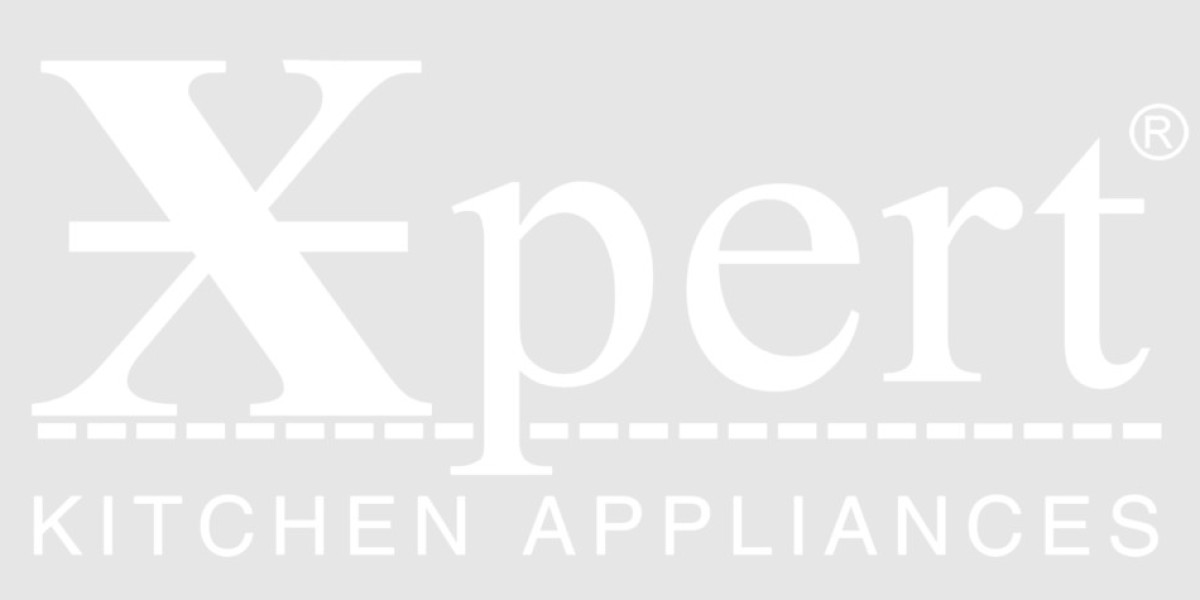Introduction
If you're selling on Amazon, your product's success depends on visibility. And the secret to visibility? It's all about Amazon SEO and listing optimization. Without it, even the best product can go unnoticed. But with the right strategy, your listing can rise to the top, attract more clicks, and convert shoppers into buyers.
In this blog, we'll break down what Amazon SEO is, why it's different from Google SEO, and how to optimize your product listings to rank higher, boost traffic, and increase sales.
What is Amazon SEO?
Amazon SEO (Search Engine Optimization) is the process of improving your product listing so that it ranks higher in Amazon’s search results. Unlike Google, which focuses on engagement and backlinks, Amazon’s algorithm—called A9—prioritizes relevance and conversions.
When a shopper types in a search term like “wireless earbuds,” Amazon wants to show them the most relevant and best-performing listings. If your listing is optimized, it will appear higher in those search results.
Why Amazon SEO Matters
Here’s why investing time and effort in Amazon SEO pays off:
✅ Increases Organic Visibility
The higher your product ranks, the more likely customers will see and click it.
✅ Boosts Sales
More visibility leads to more traffic—and with the right content, more conversions.
✅ Lowers Ad Spend
Optimized listings convert better, which means better performance from Amazon PPC ads.
✅ Builds Long-Term Growth
Strong SEO creates a solid foundation for consistent sales—even when you’re not running ads.
Key Elements of Amazon SEO
Let’s break down what matters most in Amazon’s A9 algorithm:
1. Keywords
These tell Amazon what your product is and when to show it in search results.
2. Conversion Rate
If shoppers who see your listing actually buy your product, Amazon pushes it higher.
3. Sales Velocity
High and consistent sales signal popularity and drive rankings.
4. Customer Reviews
Products with more positive reviews often rank higher and convert better.
5. Content Relevance
Your title, bullets, description, and backend keywords must match what people are searching for.
Step-by-Step Guide to Listing Optimization
Step 1: Keyword Research
Start with thorough keyword research using tools like:
Helium 10
Jungle Scout
Amazon Search Bar (auto-suggestions)
SellerApp
Cerebro or Magnet (for competitor insights)
Look for:
High-volume keywords
Long-tail keywords (e.g., “Bluetooth earbuds for iPhone”)
Competitor keywords
Buyer-intent terms
Step 2: Optimize Your Product Title
The product title is the most important SEO element.
Best practices:
Include your top 3–5 keywords
Put the main keyword at the front
Add important features: brand, model, size, quantity
Stay within Amazon’s character limits (200 for most categories)
Example:
Poor title:
Wireless Earbuds
Optimized title:
Bluetooth Wireless Earbuds with Noise Cancellation – IPX7 Waterproof Headphones with Charging Case – 40H Battery – For iOS & Android
Step 3: Bullet Points That Sell
Your bullet points should combine keywords and benefits.
Tips:
Use 5 bullets
Highlight unique selling points (USP)
Start each bullet with a feature, then explain the benefit
Avoid keyword stuffing—make it readable
Example:
✓ Long-Lasting Battery: Up to 40 hours of playback with portable charging case—perfect for long commutes or workouts.
Step 4: Product Description (or A+ Content)
If you’re brand registered, use A+ Content to replace the product description. This allows for:
Visual storytelling
Comparison charts
Lifestyle images
Enhanced brand identity
If not, write a compelling description using keywords naturally. Focus on solving the customer’s problem and reinforcing your product’s value.
Step 5: Use High-Quality Images
Amazon is a visual marketplace. Your images impact both SEO (indirectly through conversion) and buyer trust.
Image checklist:
Main image: pure white background, clear product
Additional images: lifestyle, close-ups, infographics
Minimum 1000x1000 pixels for zoom feature
Highlight use cases, features, dimensions
The better your images, the better your conversions—and higher conversions improve ranking.
Step 6: Backend Search Terms
Amazon allows up to 250 bytes in the backend “Search Terms” field. This is where you can add additional keywords not used in your listing copy.
Tips:
No need to repeat keywords
Don’t use punctuation or commas
Avoid brand names, competitor names, or irrelevant terms
Bonus Optimization Tips
✅ Use Enhanced Brand Content (A+ Content)
Available to brand-registered sellers, A+ Content significantly boosts conversion rates by making your listing visually appealing and informative.
✅ Create an Amazon Storefront
A fully optimized Storefront helps with brand visibility and can improve performance across ads and search rankings.
✅ Encourage Customer Reviews
Send follow-up emails (compliant with Amazon’s policies), use product inserts, and deliver excellent service to collect more positive reviews.
✅ Monitor & Update Regularly
Trends change, competitors adjust—so should you. Update listings every few months based on:
New keyword opportunities
Seasonal changes
Customer feedback
Performance data
Common Mistakes to Avoid
❌ Keyword Stuffing
Overloading your title or bullets with too many keywords hurts readability and trust.
❌ Ignoring Mobile Experience
Most Amazon shoppers browse on mobile. Make sure your titles and bullets are mobile-friendly.
❌ Poor Images
Even with perfect SEO, poor visuals can kill your conversion rate.
❌ One-Time Optimization
SEO is not a one-and-done task. Revisit and refresh your listings as needed.
The Connection Between SEO & PPC
Here’s the key insight: strong SEO improves PPC performance. When your listing is fully optimized:
Click-through rates increase
Ad spend becomes more efficient
ACoS (Advertising Cost of Sale) decreases
You gain higher ranking from ad-attributed sales
So even if you're running Amazon PPC ads, SEO is still critical.
Final Thoughts
Amazon SEO and listing optimization are essential tools for any seller looking to build a profitable business on the platform. It’s not just about appearing in search results—it’s about making your product irresistible once shoppers land on your listing.
The more optimized your content is, the more visibility and sales you’ll generate—without spending more on ads.
Need Help with Amazon Listing Optimization?
At White Snow Ads, we specialize in Amazon SEO and listing optimization services tailored to your brand. Whether you're launching a new product or improving existing ones, we’ll help you rank higher, sell more, and grow faster.
Contact us today for a free listing audit and let’s build a listing that sells.








